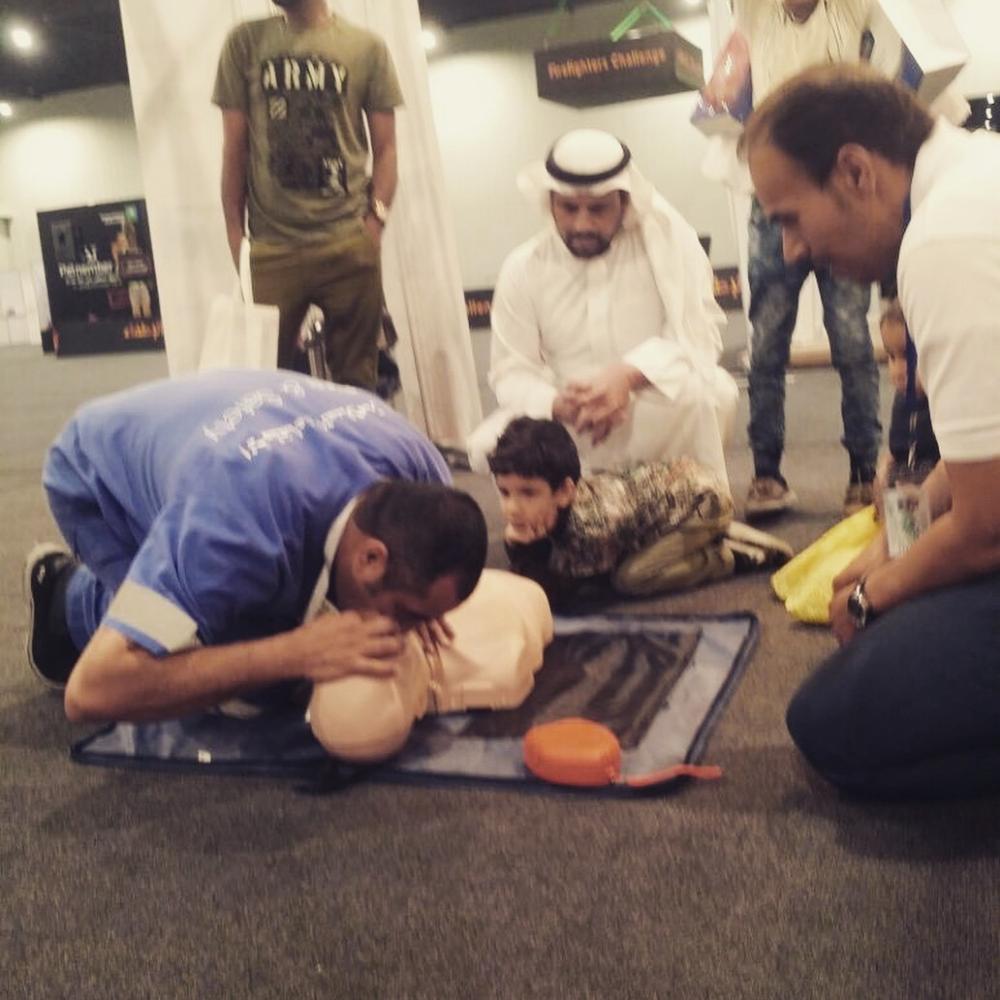First aid is a basic skill that everyone should have, as it can make a huge difference between life and death in emergency situations. First aid provides an immediate response to accidents and injuries, reducing their negative effects on the injured and contributing to saving lives. The following highlights the importance of first aid in our daily lives:
1. Save lives:
First aid increases the chances of survival for people who have been injured before specialist medical help arrives. For example, providing cardiopulmonary resuscitation (CPR) in cases of cardiac arrest can be crucial in restoring circulation and breathing.
2. Reducing the severity of injuries:
Acting quickly during an accident can reduce the severity of injuries and the deterioration of the health condition. For example, stopping bleeding or immobilizing broken bones can limit the damage and help facilitate the treatment process later.
3. Increase public awareness and safety:
First aid education increases awareness among individuals and communities, making them more prepared to deal with emergency situations. This awareness also contributes to reducing fear and panic during accidents.
4. Mental health support:
Knowing that someone can help in an emergency provides a sense of reassurance to individuals, and first responders themselves may feel satisfied and confident in their ability to help others.
5. Reducing the burden on medical services:
Providing first aid correctly can reduce the need for intensive medical interventions, helping to relieve pressure on hospitals and health services.
6. Application in daily life:
Minor accidents, such as cuts or household burns, require quick interventions that anyone can learn through training courses. These skills enhance the safety of individuals at home, at work, or in public places.
How can I learn first aid?
Anyone can learn first aid by attending specialized training courses provided by trusted organizations, such as Red Crescent societies or medical training centers. These courses include basic skills such as cardiopulmonary resuscitation, dealing with bleeding, treating burns, and first aid for choking.
Conclusion:
First aid is not just a skill, it is a collective responsibility that contributes to building safer communities. Learning these skills not only helps save lives, but also enhances self-confidence and the ability to respond effectively to emergencies. Therefore, we should all realize its importance and strive to acquire and share it with others.

